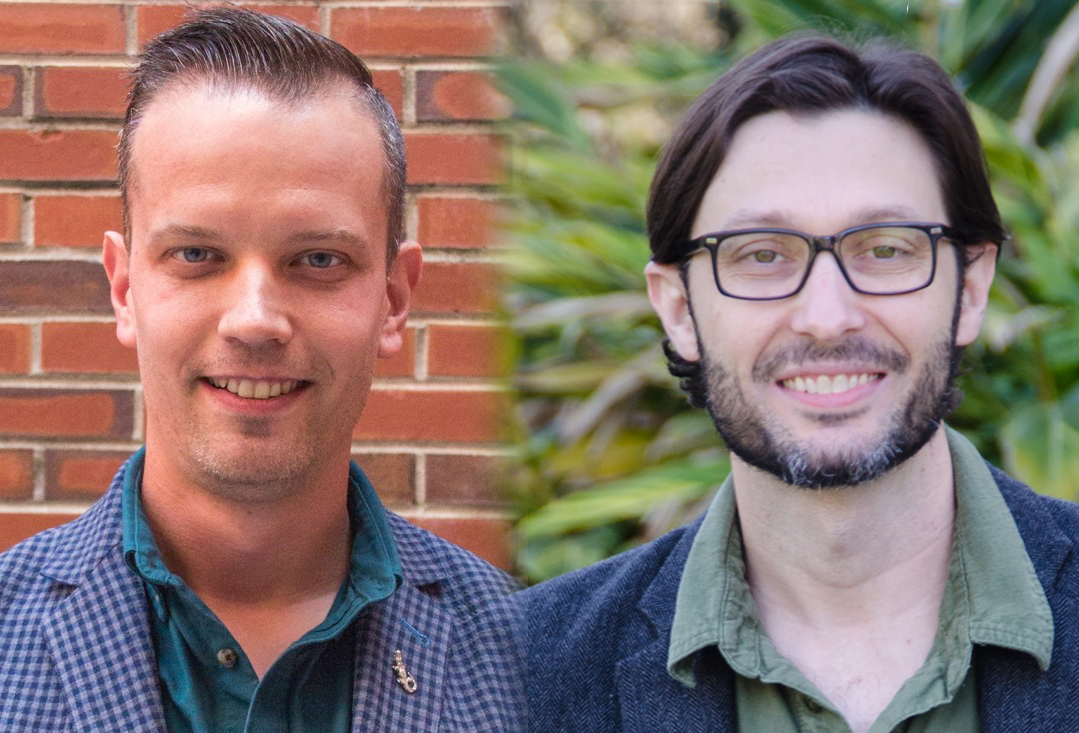Distinguished UF Biomedical Educator-Researcher takes on Dual Role as Strategic Advisor for Translational Research and Graduate Coordinator
[Originally published October 19, 2023]
Greg Hudalla, Ph.D., associate professor, has been named the Strategic Advisor for Biomedical Research Translation and Integra LifeSciences Term Professor at the Herbert Wertheim College of Engineering. In addition, he was appointed to the position of Graduate Coordinator for the J. Crayton Pruitt Family Department of Biomedical Engineering.
In this three-year role as Strategic Advisor for Biomedical Research Translation, Hudalla will provide invaluable support to the Associate Dean for Research and Facilities, Dr. Alina Zare, where he will guide the college in the field of biomedical translation, playing a key role in shaping the future of upcoming biomedical research facilities, and serving as a vital link to the University of Florida Clinical Translation and Science Institute (CTSI), as well as other campus entities dedicated to the intersection of engineering and translational research.
To read more Hudalla-Dual-Role





